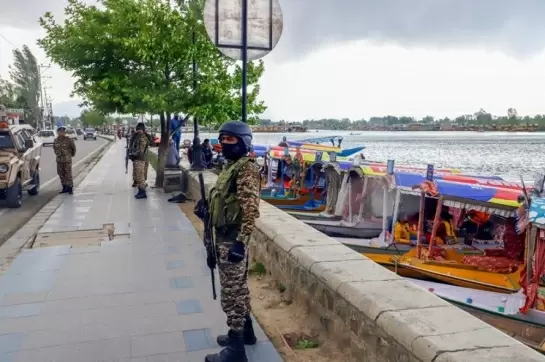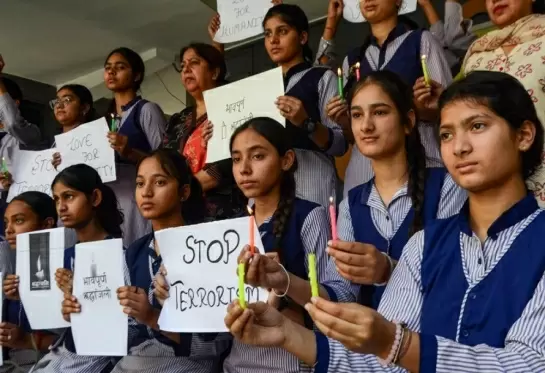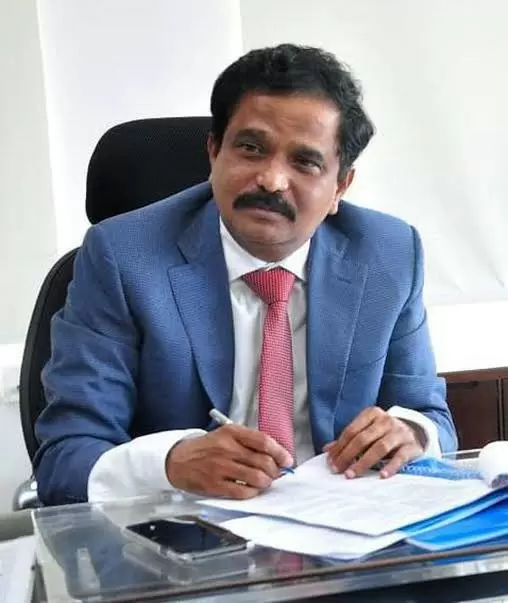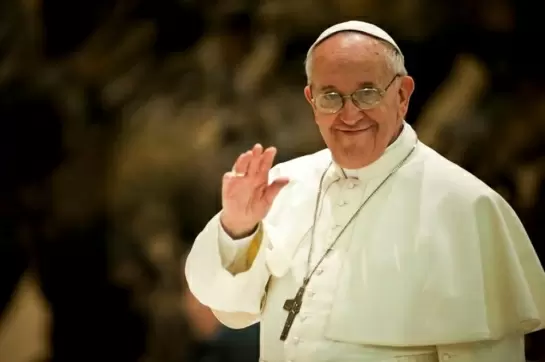Indian NGO to get UN climate action award
25-November-2019
A project led by NGO Mahila Housing Sewa Trust to organise and empower women in low-income households to increase their resilience to impacts of climate change will get a UN award next month.
It is one of the 15 recipients of the 2019 United Nations Global Climate Action Awards that help shine a light on some of the most practical examples of what people across the globe are doing to combat climate change.
The award will be given at the United Nations Climate Change Conference (COP25), hosted by the Chilean government in Madrid in Spain, on December 10. The COP25 is being held from December 2-12.
The Mahila Housing Sewa Trust's initiatives have so far helped 25,000 low-income families across seven cities in India, Bangladesh and Nepal.
The project is centred around an integrated model wherein women take the lead through collective action and technology incubation to devise locally relevant, pro poor, gender-sensitive and climate-resilient solutions.
For example, women were trained to be energy auditors who encourage households to switch to more efficient products, forming a women-led distribution network of green energy and building products.
Other solutions include using sprinkler taps to reduce the flow of water, harvesting rainwater, and other behavioural changes leading to more than 60 per cent of households reporting to have increase in water quantity and more than 32 per cent having sufficient water during summers.
Through projects like these, the Mahila Housing Sewa Trust is empowering women to take action against four major climate risks: heat waves, flooding and inundation, water scarcity, and water-vector-borne diseases, says the United Nations Climate Change.
It says the Mahila Housing Sewa Trust has helped organise 114 community action groups, which have reached out to 27,227 women in 107 slums.
Of the women they've worked with, 8,165 women were recorded to demonstrate an increase in "knowledge seeking behavior".
Over 1,500 women have been trained as climate-saathis, who are responsible for communicating the issue of climate change with their community in their local language.
Through this communications exercise, the proportion of participants who viewed climate change as an act of god reduced from 26 to nine per cent.IANS
Former DGP Om Prakash Murder: Wife Under Investigation, Says Minister
Ricky Rai, Son of Underworld Don Muthappa Rai, Shot at Near Bengaluru
Khushbu Sundar’s X Account Hacked; Actress Seeks Urgent Help
ED Raids Bengaluru Dog Breeder Who Claimed to Own Rs 50 Crore Wolf-Dog
Raj Thackeray Slams Hindi Imposition in Maharashtra Schools, Warns of Statewide Protests








